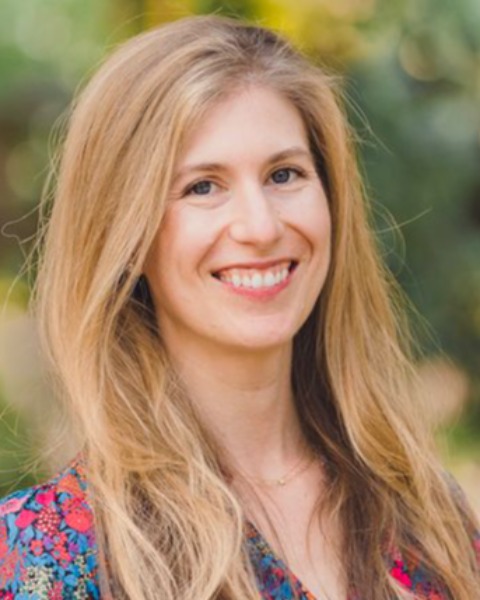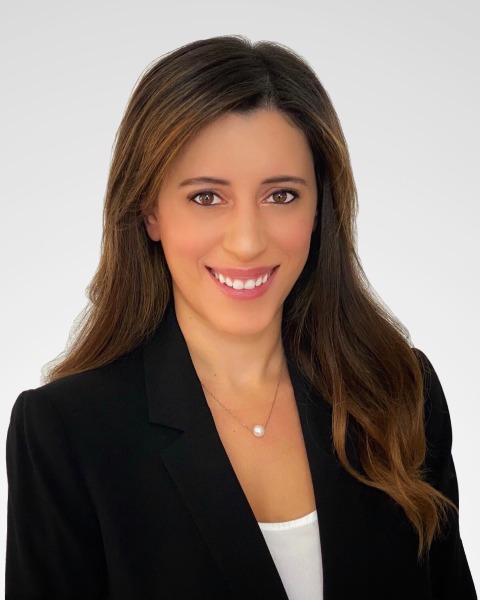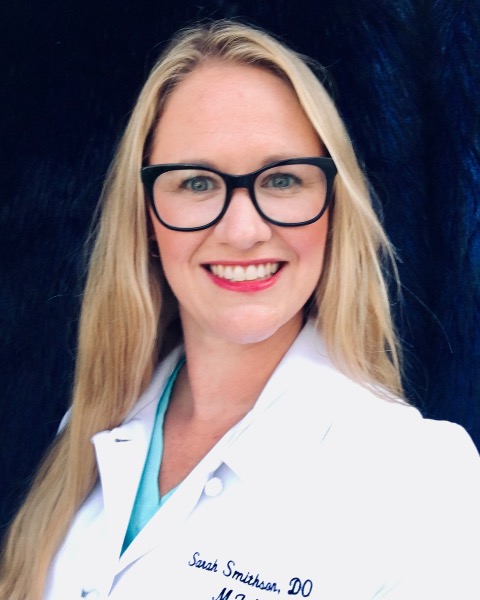Category: Prematurity
Poster Session III
(879) Association between in vitro fertilization and preterm birth among very advanced maternal age parturients
Advanced maternal age is a risk factor for preterm birth, with the highest risk in patients at very advanced maternal age (vAMA, ≥45 years at delivery). Similarly, in-vitro fertilization (IVF) pregnancies carry an increased risk for delivery < 37 weeks. We aimed to determine if patients who conceive via IVF are at increased risk for preterm birth (PTB) compared to non-IVF pregnancies in a vAMA cohort.
Study Design: Retrospective cohort study of pregnant patients ≥45 years old who delivered at a single institution (2014-2021). Those with incomplete delivery/neonatal records or multiples beyond twins were excluded. We compared individuals who conceived via IVF to those who conceived without IVF. Demographic and clinical data were abstracted from the medical record. Our primary outcome was preterm delivery < 37 weeks gestation. Baseline differences were evaluated using by Fisher’s exact, χ2 , or t-test. Multivariable logistic regression was used to adjust for confounders that were found to be significantly different in the univariable analysis. Significance was determined by p=0.05.
Results: In our study cohort of 420 vAMA patients, individuals who underwent IVF were more likely to be older, privately insured, nulliparous, and with a multiple gestation. The preterm birth rate in vAMA patients who underwent IVF was 24.4% compared to 8.4% in patients who did not use IVF (p < 0.001). After adjusting for confounders, IVF was an independent risk factor for preterm birth < 37 weeks (aOR 4.3, 95% CI 1.7-10.4, p = 0.001, Table 2). In-vitro fertilization was also associated with higher composite adverse maternal outcomes (hypertensive disorder of pregnancy, postpartum hemorrhage, blood transfusion, unplanned hysterectomy) (aOR 1.7, 95% CI [1.1-2.9], p = 0.03).
Conclusion: In the vAMA population, conception via in-vitro fertilization carries an increased risk of preterm delivery < 37 weeks. There is an almost two-fold higher risk of adverse maternal outcomes in vAMA patients with IVF pregnancies.

Rachel A. Newman, MBA, MD
Fellow
Cedars-Sinai Medical Center
Los Angeles, California, United States- TE
Tania Esakoff, MD
Division of Maternal Fetal-Medicine, Department of Obstetrics and Gynecology
Cedars-Sinai Medical Center
Los Angeles, California, United States 
Candace Levian, MD
Resident
Cedars-Sinai Medical Center
Los Angeles, California, United States
Sarah Smithson, DO, MS
Cedars Sinai Medical Center
Los Angeles, California, United States- MN
Mariam Naqvi, MD
Assistant Professor, Obstetrics and Gynecology
Cedars-Sinai Medical Center
Los Angeles, California, United States

.png)
